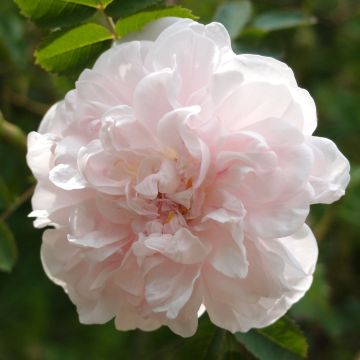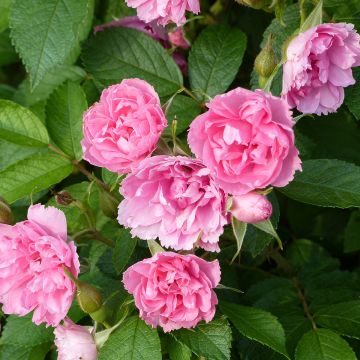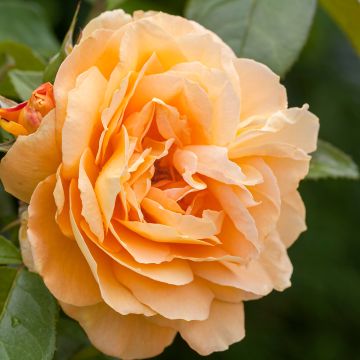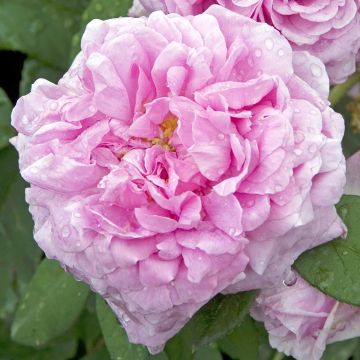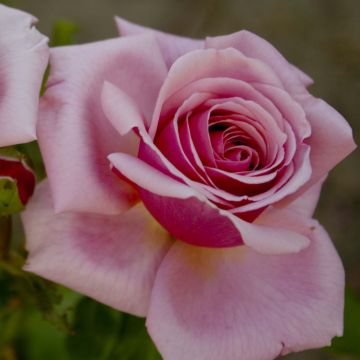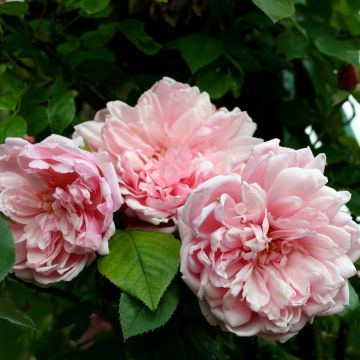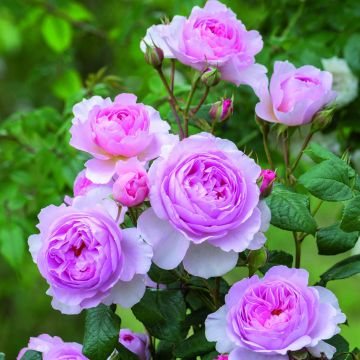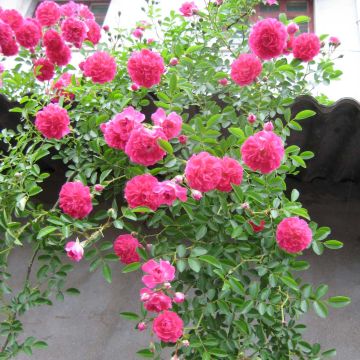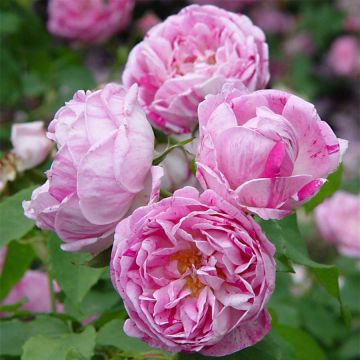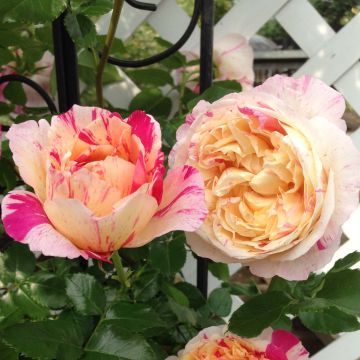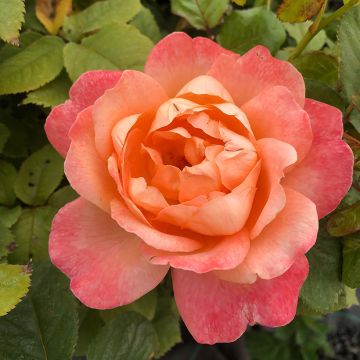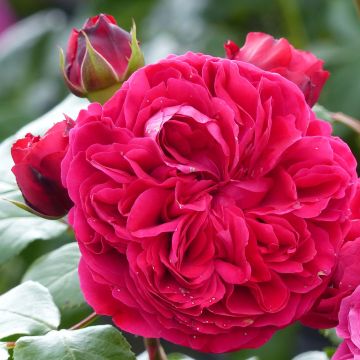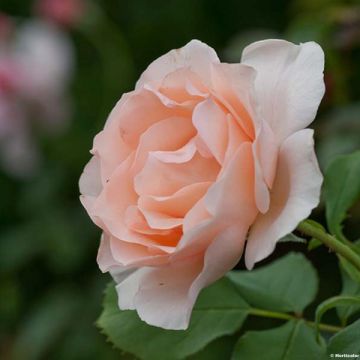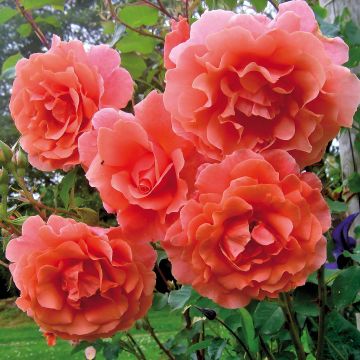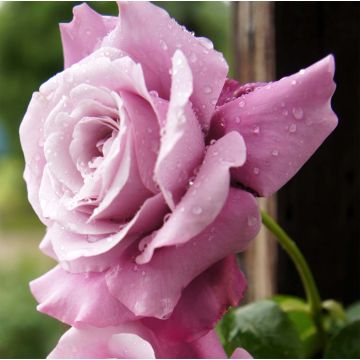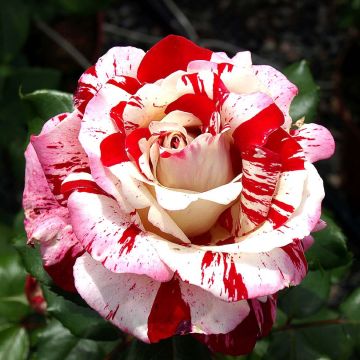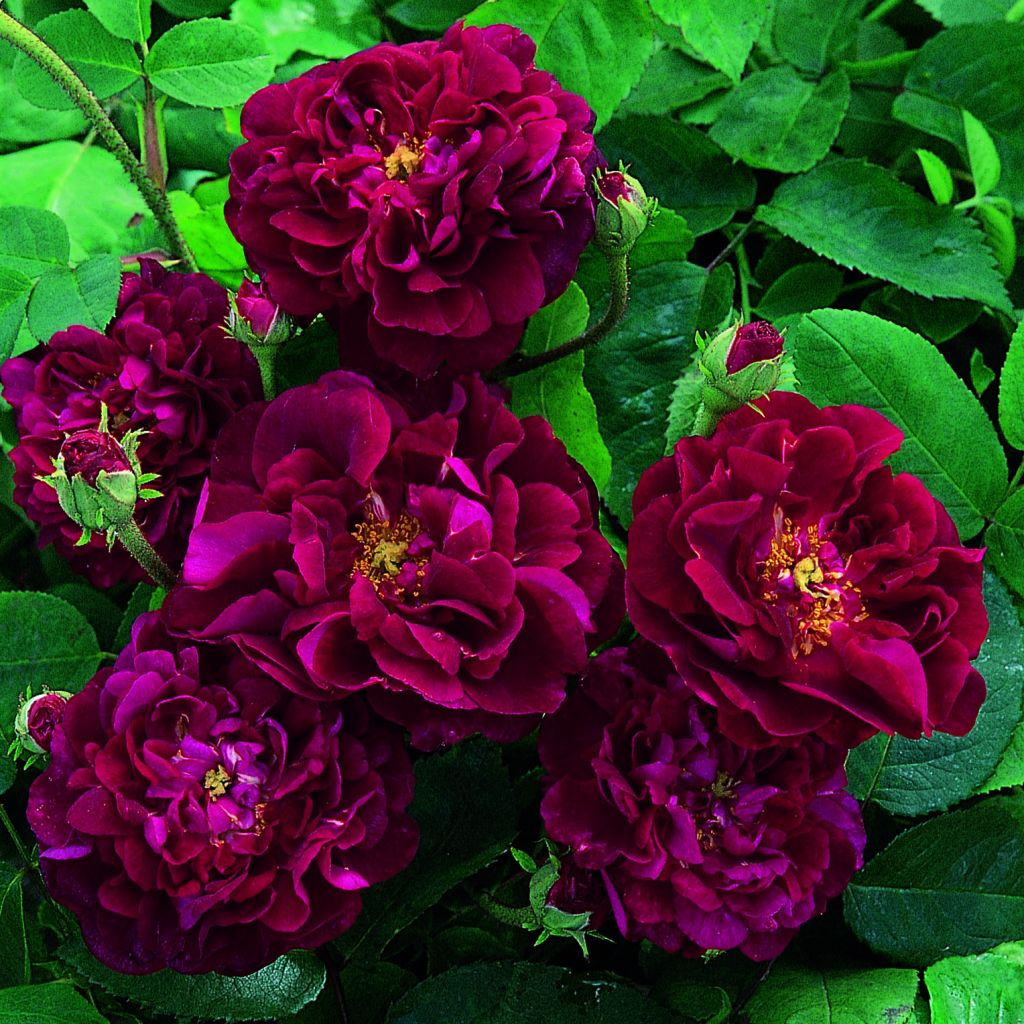

Rosa gallica Tuscany Superb - Gallic Rose
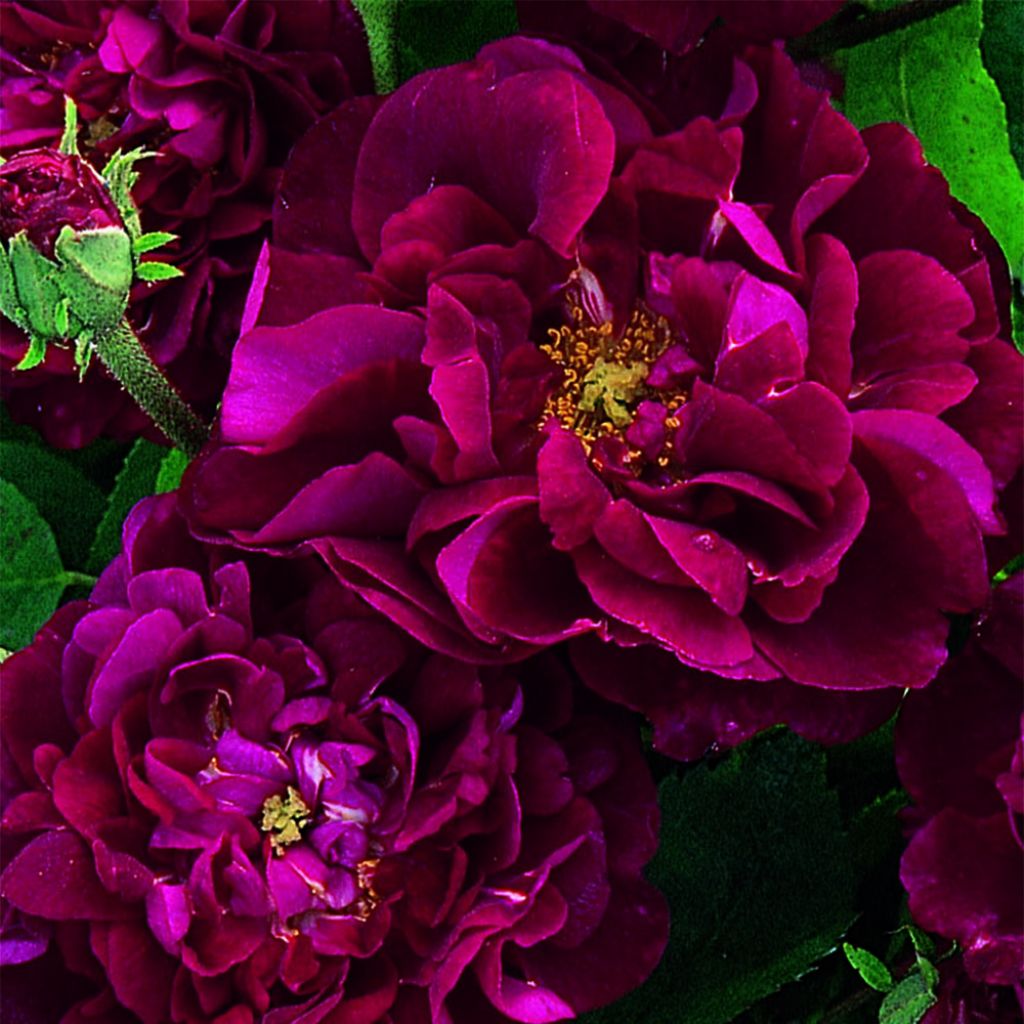

Rosa gallica Tuscany Superb - Gallic Rose
Rosa gallica Tuscany Superb - Gallic Rose
Rosa gallica Tuscany Superb
Gallic Rose, French Rose
This item cannot be shipped to the selected country
Delivery charge from €5.90
Delivery charge from €5.90
Delivery to Corse prohibited
More information
Schedule delivery date,
and select date in basket
This plant carries a 24 months recovery warranty
More information
We guarantee the quality of our plants for a full growing cycle, and will replace at our expense any plant that fails to recover under normal climatic and planting conditions.
From €5.90 for pickup delivery and €6.90 for home delivery
Express home delivery from €8.90.
From €5.90 for pickup delivery and €6.90 for home delivery
Express home delivery from €8.90.
Delivery to Corse prohibited: UE law prohibits the import of this plant from mainland France to Corse as part of the fight against Xylella fastidiosa. Please accept our sincere apologies.
More information
Does this plant fit my garden?
Set up your Plantfit profile →
Description
The 'Tuscany Superb' old rose is one of the oldest roses known. This Gallic rose, obtained before 1596, abundantly produces, in May-June, semi-double flowers of a deep crimson red, with rich burgundy reflections, contrasting with a heart populated by golden stamens. This bushy and stout shrub may not be perpetual, but its corollas with the heady scent of a dark flower, and its indescribable charm, a little outdated, make it an excellent counterpoint to pastel and romantic roses. Easy to grow and resistant to diseases, this variety, which has crossed the ages, has not lost any of its qualities.
The 'Tuscany Superb' rose is part of the Gallic roses derived from Rosa gallica. These plants are also called French Roses or Provins Roses. The species Rosa gallica is native to central and southern Europe, and western Asia, from Turkey to the Caucasus. This group consists of very hardy bushy roses, generally compact suckering, with non-remontant but highly scented flowering. 'Tuscany Superb' forms a stout bush measuring 70cm (27.6in) in height by 90cm (35.4 in) in width. Its roses, of modest size, are composed of a double or triple row of petals arranged in a free, well-opened rosette, revealing the golden yellow heart of the corolla. The dominant colour is a rich and deep red, the base of the petals is tyrian rose, and the entire corolla turns purple over time. The foliage, very healthy, is greenish-blue, and covers stems equipped with prickers and glandular hairs. The fruits, called hips, have an orange to brown colour.
Very resistant to diseases and cold (-25 to -30°C), the 'Tuscany Superb' old rose is an easy plant to grow in all types of soil, and its charm of yesteryear flowers blends well with those of English or old roses in pastel shades. It forms an elegant contrast with the simple and changing flowers of the China rose 'Mutabilis' or with the single corollas, ranging from orange to copper, of Rosa foetida 'Bicolour'. It is also beautiful alongside the pansy flowers of the 'Blue Eyes' rose. Its modest growth allows it to fit into perennial beds, where it wonderfully accompanies perennial geraniums, dame's rocket or purple toadflaxes. These qualities make us forget that it only blooms once, a flaw that is not reproached to other flowering shrubs! It definitely deserves to be planted in all rose lovers' gardens.
Report an error about the product description
Rosa gallica Tuscany Superb - Gallic Rose in pictures
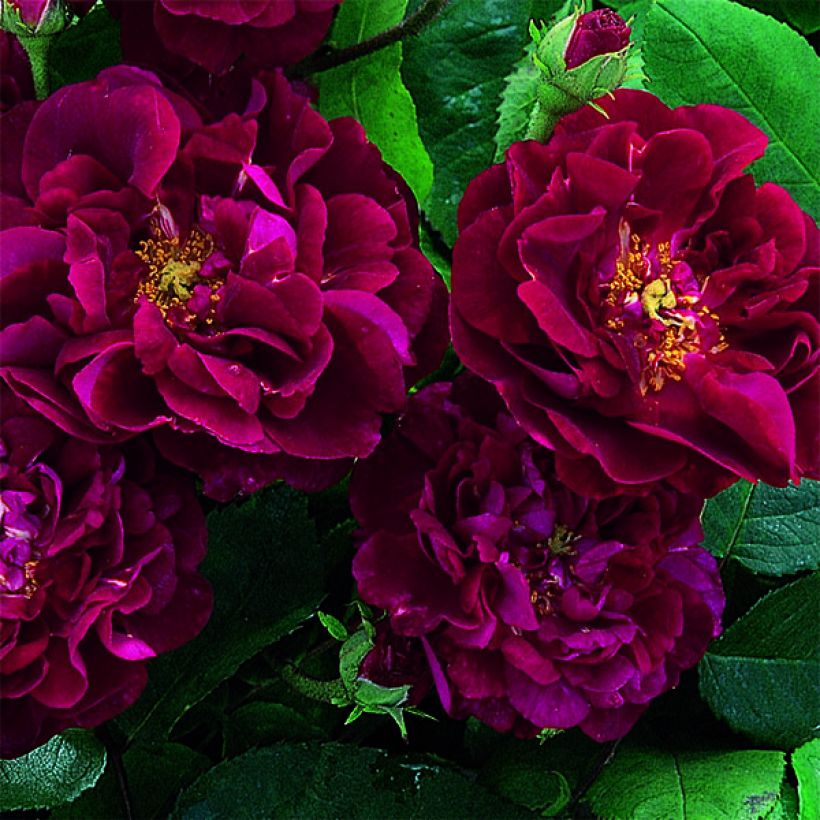

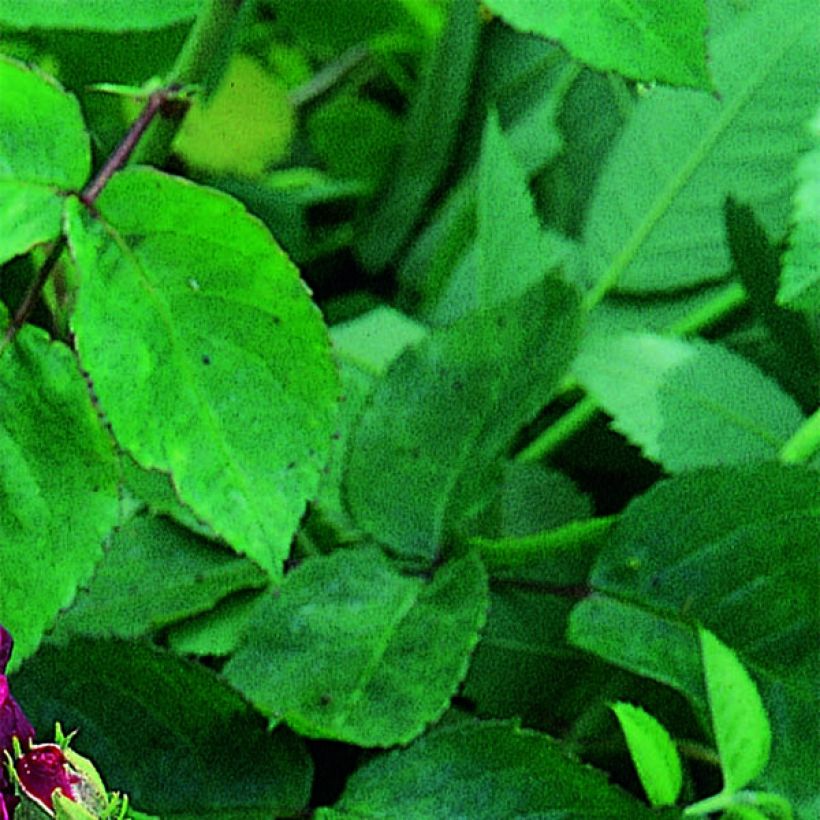

Plant habit
Flowering
Foliage
Botanical data
Rosa
gallica
Tuscany Superb
Rosaceae
Gallic Rose, French Rose
Cultivar or hybrid
Rosa canina Laxa (4L/5L pot, Wrapped bare root)
Other Traditional Roses
Planting and care
Plant your old Rose 'Tuscany Superb' in a sunny or lightly shaded location. Gallic roses are very tolerant but will not like excessive limestone. They are even satisfied with poor, rocky soil. They will adapt to any garden as long as the soil is well worked to help them establish. To plant your rose, work the soil by crumbling it and put an amendment at the bottom of the planting hole, such as dried blood or dehydrated horn. Water generously after planting to remove any air pockets. Water regularly for a few weeks to facilitate rooting. Pruning non-remontant roses is not essential for flowering, but it helps strengthen the bush. It is done in summer, just after flowering.
When you prune your non-remontant roses in summer after flowering, they produce new shoots before winter arrives. It is these new shoots that will bear the flowers of the following year. Non-remontant roses (Rosa alba, centifolia, gallica, some damask, moss) only bloom on the wood of the previous year.
Take advantage of this pruning to remove dead wood and unsightly branches. Pruning is done at a slant above an eye. As the flowers bloom, remove faded flowers, as this stimulates the development of other buds.
Roses are often stained or unsightly at the end of summer, but it is not a problem for their development. These stains are not harmful to the rose, it is a natural phenomenon.
Planting period
Intended location
Care
-
, onOrder confirmed
Reply from on Promesse de fleurs
Fragrant Roses
Haven't found what you were looking for?
Hardiness is the lowest winter temperature a plant can endure without suffering serious damage or even dying. However, hardiness is affected by location (a sheltered area, such as a patio), protection (winter cover) and soil type (hardiness is improved by well-drained soil).

Photo Sharing Terms & Conditions
In order to encourage gardeners to interact and share their experiences, Promesse de fleurs offers various media enabling content to be uploaded onto its Site - in particular via the ‘Photo sharing’ module.
The User agrees to refrain from:
- Posting any content that is illegal, prejudicial, insulting, racist, inciteful to hatred, revisionist, contrary to public decency, that infringes on privacy or on the privacy rights of third parties, in particular the publicity rights of persons and goods, intellectual property rights, or the right to privacy.
- Submitting content on behalf of a third party;
- Impersonate the identity of a third party and/or publish any personal information about a third party;
In general, the User undertakes to refrain from any unethical behaviour.
All Content (in particular text, comments, files, images, photos, videos, creative works, etc.), which may be subject to property or intellectual property rights, image or other private rights, shall remain the property of the User, subject to the limited rights granted by the terms of the licence granted by Promesse de fleurs as stated below. Users are at liberty to publish or not to publish such Content on the Site, notably via the ‘Photo Sharing’ facility, and accept that this Content shall be made public and freely accessible, notably on the Internet.
Users further acknowledge, undertake to have ,and guarantee that they hold all necessary rights and permissions to publish such material on the Site, in particular with regard to the legislation in force pertaining to any privacy, property, intellectual property, image, or contractual rights, or rights of any other nature. By publishing such Content on the Site, Users acknowledge accepting full liability as publishers of the Content within the meaning of the law, and grant Promesse de fleurs, free of charge, an inclusive, worldwide licence for the said Content for the entire duration of its publication, including all reproduction, representation, up/downloading, displaying, performing, transmission, and storage rights.
Users also grant permission for their name to be linked to the Content and accept that this link may not always be made available.
By engaging in posting material, Users consent to their Content becoming automatically accessible on the Internet, in particular on other sites and/or blogs and/or web pages of the Promesse de fleurs site, including in particular social pages and the Promesse de fleurs catalogue.
Users may secure the removal of entrusted content free of charge by issuing a simple request via our contact form.
The flowering period indicated on our website applies to countries and regions located in USDA zone 8 (France, the United Kingdom, Ireland, the Netherlands, etc.)
It will vary according to where you live:
- In zones 9 to 10 (Italy, Spain, Greece, etc.), flowering will occur about 2 to 4 weeks earlier.
- In zones 6 to 7 (Germany, Poland, Slovenia, and lower mountainous regions), flowering will be delayed by 2 to 3 weeks.
- In zone 5 (Central Europe, Scandinavia), blooming will be delayed by 3 to 5 weeks.
In temperate climates, pruning of spring-flowering shrubs (forsythia, spireas, etc.) should be done just after flowering.
Pruning of summer-flowering shrubs (Indian Lilac, Perovskia, etc.) can be done in winter or spring.
In cold regions as well as with frost-sensitive plants, avoid pruning too early when severe frosts may still occur.
The planting period indicated on our website applies to countries and regions located in USDA zone 8 (France, United Kingdom, Ireland, Netherlands).
It will vary according to where you live:
- In Mediterranean zones (Marseille, Madrid, Milan, etc.), autumn and winter are the best planting periods.
- In continental zones (Strasbourg, Munich, Vienna, etc.), delay planting by 2 to 3 weeks in spring and bring it forward by 2 to 4 weeks in autumn.
- In mountainous regions (the Alps, Pyrenees, Carpathians, etc.), it is best to plant in late spring (May-June) or late summer (August-September).
The harvesting period indicated on our website applies to countries and regions in USDA zone 8 (France, England, Ireland, the Netherlands).
In colder areas (Scandinavia, Poland, Austria...) fruit and vegetable harvests are likely to be delayed by 3-4 weeks.
In warmer areas (Italy, Spain, Greece, etc.), harvesting will probably take place earlier, depending on weather conditions.
The sowing periods indicated on our website apply to countries and regions within USDA Zone 8 (France, UK, Ireland, Netherlands).
In colder areas (Scandinavia, Poland, Austria...), delay any outdoor sowing by 3-4 weeks, or sow under glass.
In warmer climes (Italy, Spain, Greece, etc.), bring outdoor sowing forward by a few weeks.


































